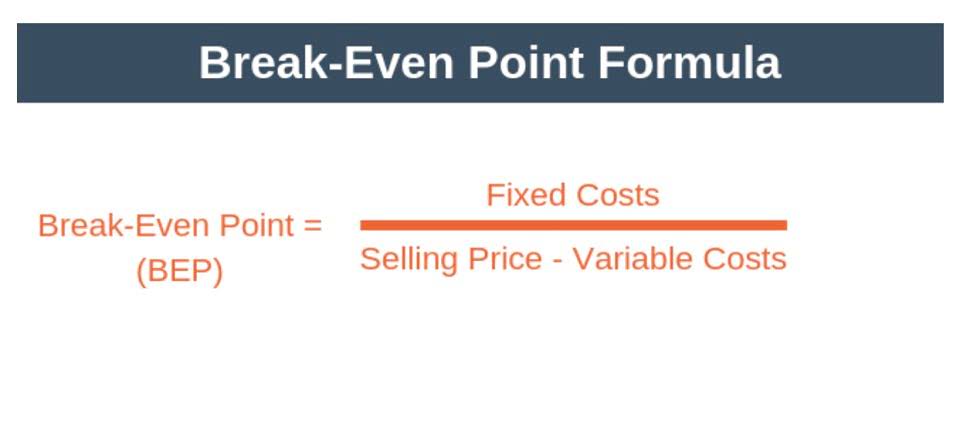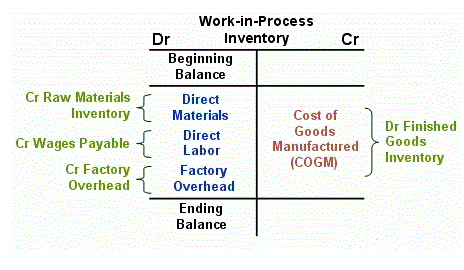
A well-integrated inventory management system is the backbone of successful cannabis accounting. With Flourish’s integrated solutions, your cannabis business can seamlessly link inventory data between various systems, eliminating redundant data entry. This integration significantly reduces the likelihood of errors, guarantees consistent data across platforms, and accelerates the pace of financial reporting. The end of each month marks an opportune time for accountants to exercise their expertise.

How to Get Cannabis Accounting Clients to Notice You
- The ideal planting depth for cannabis seeds is generally around 1/2 to 1 inch (approximately 1.3 to 2.5 cm) deep.
- Yes, cannabis businesses typically use the accrual accounting method to accurately track inventory, revenue, and COGS.
- This guide is valuable whether you are a seasoned professional or new to the cannabis industry.
- One of the biggest questions potential clients ask me is, “What do your cannabis accounting services cost?
- When you plant the seeds at this depth, the delicate root system can begin to grow downward, seeking water and nutrients from the soil.
- A CPA (Certified Public Accountant) has advanced training, licensing, and regulatory knowledge, making them better suited for tax planning, audits, and compliance.
The site includes information on a number of relevant topics such as Internal Revenue Code (IRC) section 280E guidance, reporting taxes, making large payments with cash and more. According to one estimate, US cannabis businesses could bring in a yearly profit of $130 billion by 2024, which means both you and your client have a lot of earning potential. No longer will cannabusinesses have to jump through hoops and hurdles and pay crazy expensive fees to secure their money at a reliable financial institution. In fact, many CPAs have chosen to cannabis accounting not serve in this industry, meaning most Cannabis companies have bookkeepers doing the day to day books.

Sunlight: Provide adequate sunlight exposure for healthy growth and flowering

Quickbooks and Xero are popular choices for accounting, although some attempts must be made to create charts of accounts for each business stage. Therefore, finding a person with the necessary skill set to keep good records for your cannabis business is important in several ways. Since many of these principles are not required for everyday small business accounting, a generalist accountant may not be familiar with them.
Navigating the Impact of Cannabis Rescheduling (or Descheduling) on Tax, Compliance, and Business Growth
Many financial institutions are hesitant to work with cannabis businesses due to the federal illegality of the substance. This forces companies to operate on a cash basis, complicating financial record-keeping and increasing security risks. Lastly, the rapid growth of the cannabis industry means retained earnings balance sheet that accounting standards and practices are continually evolving. Companies must stay up-to-date with the latest guidelines and ensure their accounting practices can scale with their growth. The regulatory landscape for accounting in the cannabis industry is complex and constantly evolving. Due to the varying legality of cannabis across different jurisdictions, businesses must navigate a patchwork of federal, state, and local regulations.

- Storage, shelving, rent, insurance, and other normal business expenses are not taken into consideration for federal (and Oklahoma state) taxation.
- Technology and software solutions streamline accounting processes, improve accuracy, and enhance compliance.
- The most important part is following the regulations in the links above, as well as the state laws where the Cannabis company resides as well as your own state laws.
- On the flip side of accounts payable, savvy inventory accounting means a smooth-running accounts receivable process.
- These include complex regulations, tax implications, and industry-specific factors, all necessitating a cannabis-specific COA.
Accounting in the cannabis industry presents unique challenges due to the complex regulatory landscape. Businesses must navigate a patchwork of federal, state, and local laws, each with its own requirements and restrictions. This complexity necessitates specialized knowledge and meticulous bookkeeping and payroll services record-keeping to ensure compliance. Effective inventory management in the cannabis industry goes beyond mere organization; it’s a critical component of accurate financial reporting. Accountants should establish a consistent line of communication with warehousing teams, collaborating closely to ensure that inventory numbers stay aligned with real-world quantities. Regular reconciliation of physical stock with recorded data is essential to detect any discrepancies and rectify them promptly.
